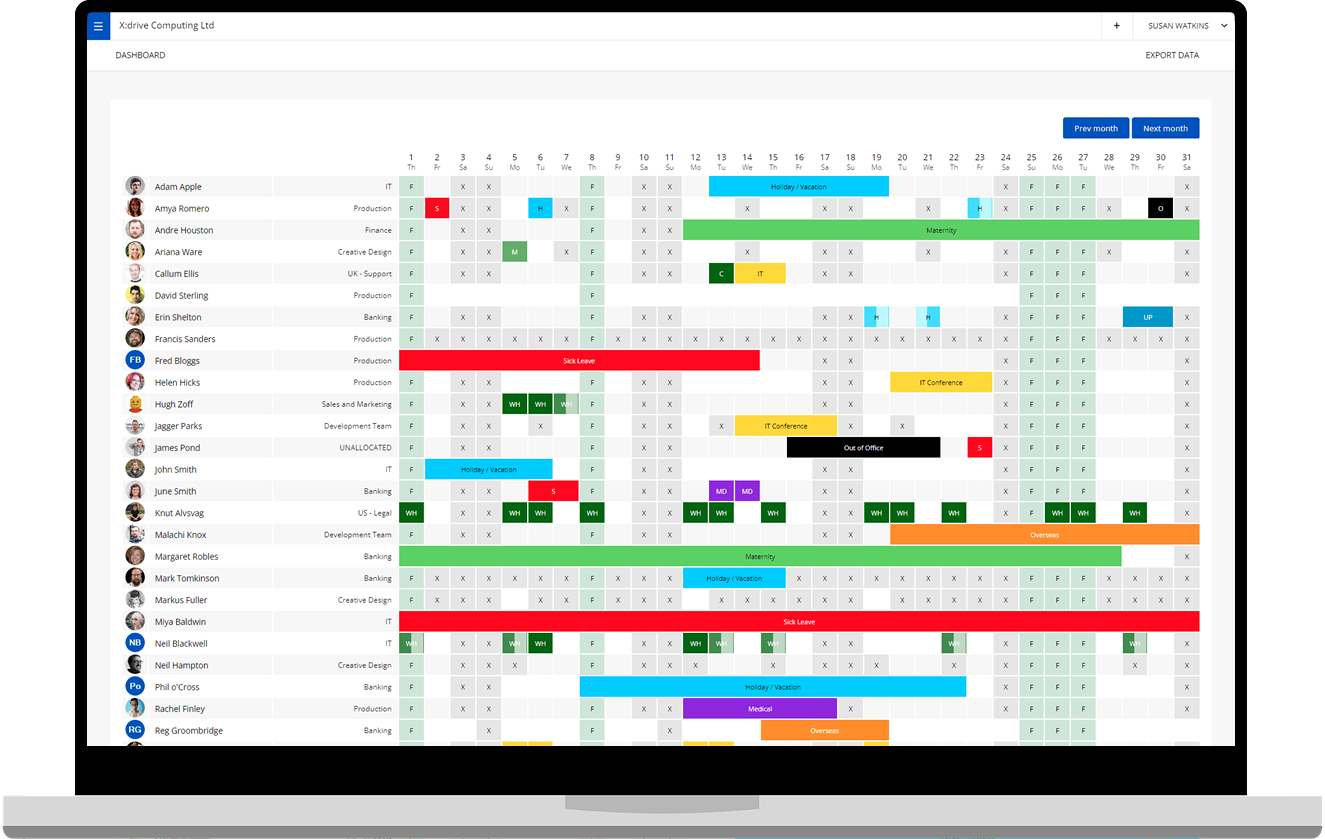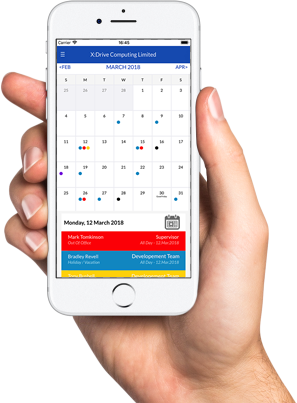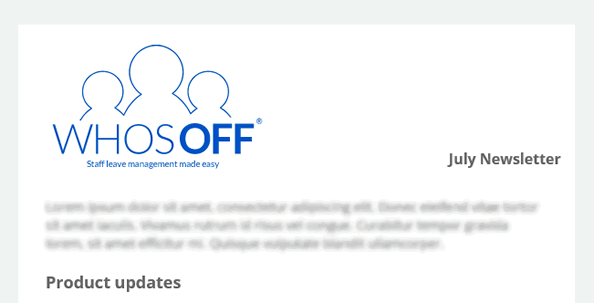During the COVID-19 pandemic, businesses up and down the UK have used the national furlough scheme as a financial lifeline, with over 8.4 million workers now registered to receive 80% salary support from government funding. But while the programme is helping to ease short-term cash flow challenges, company leaders still have to manage the practical aspects of looking after furloughed team members.

With the furlough scheme now extended until the end of October, many professionals will not be actively working for several months to come. Although salary contributions are taken care of during this time, these employees have other, important questions – such as how furlough impacts their annual leave entitlement?
What has the government said about holiday entitlement for furloughed staff?
Coronavirus hit the UK quickly and hit it hard, with thousands of businesses heavily impacted when the government implemented commercial and residential lockdown measures at the end of March. The furlough scheme was rushed into action and naturally focussed on financial support, because that was company owners’ biggest concern at that point.
But as time progresses and the trading situation remains unchanged for many firms, logistics like annual leave are becoming a bigger concern.
In order to provide clarity on the situation, in May 2020 the government issued guidance on paid holiday provisions for furloughed staff in the UK. Their advice stated:
- Employers can still require team members to take holiday while they are furloughed, or cancel an employee’s annual leave request – in both cases, communication must be made at least twice the length of time before the required/booked holiday (e.g. four days’ notice for two days off)
- Any mandated leave or cancellations need to be made in agreement with the employee concerned, and employers should consider how current restrictions will impact people’s ability to relax and benefit from their time off before asking them to take paid holiday
- Employers are expected to give staff their usual paid holiday rate for any time they take off while furloughed, equivalent to what they would have earned had they been actively working – ‘topping up’ their furlough entitlement for that period if necessary
- All staff should be given the right to carry over their remaining holiday allowance for at least two years if COVID-19 has meant they have not been feasibly able to take time off. However, given their set-up, furloughed workers are unlikely to need this clause, as they are able to take paid leave while not actively working
- One exception to this rule is if an employer cannot afford to fund the difference between a team member’s furlough contribution and their holiday pay entitlement; in this case, annual leave can be carried over until staff are able to take it at their full rate
- There is no statutory notice period for informing employees whether they can or cannot carry over paid leave, however it is unlawful for companies to prevent staff from taking the holiday to which they are entitled
- Any additional leave carried over will be included in payments in lieu that employers are required to make if a member of staff leaves their company without being able to take their full pro-rata holiday entitlement
How can companies coordinate annual leave requirements for furloughed staff?
While these latest government guidelines are helpful in giving companies a framework to base their decisions on, it doesn’t make the day-to-day management of annual leave any easier.
Many businesses will be in a position where some employees are furloughed and some aren’t. They may therefore want to encourage furloughed staff to take leave while they aren’t physically working, at the same time as urging active staff to delay their holiday until trading returns to normal. Equally, they may implement different carry over policies for furloughed versus non-furloughed staff.
With so many different permutations, it will be easy for company bosses, managerial and HR staff to lose track of who has taken what time off and when – resulting in employees inadvertently booking more leave than they are entitled to, or arriving at the end of the holiday year with a huge chunk of time in their remaining allowance. And businesses that are still managing annual leave through paper-based processes and manual spreadsheets will be most prone to error.

The key to effective leave management is visibility and flexibility, and both of these things are much easier for companies to achieve with an online holiday planner. Digital leave management software enables senior personnel to set-up every employee’s holiday allowance on individual terms, but track entitlements and bookings holistically through a central dashboard.

With an online leave management platform in place, managers will be able to see at-a-glance which furloughed staff still have large amounts of holiday left to take, encouraging them to use it up during this inactive working period if needs be. Equally, they will not experience problems if team members carry over unused leave to next year, as flexible web systems can tailor holiday entitlements at individual employee level.
Managing holiday online can also help non-furloughed staff to understand when it’s best to take time off, as employers can record on the system which employees have been furloughed and for how long. Their colleagues can log on and check when a particular team member is due to return to work, and plan to take a much-needed break after they’ve settled back in.
Improve your leave management capabilities with WhosOff
The COVID-19 pandemic has tested UK businesses in ways we could never have anticipated, logistically as well as financially. Negotiating annual leave is an increasingly important concern for furloughed workers, and employers need to put the digital systems in place to answer queries and manage requests as effectively as possible – even when they’re not able to address people’s concerns face-to-face.
WhosOff leave management software gives companies the power to manage holiday holistically, on individual employee terms. To discover how an online holiday planner will improve staff communications and wellbeing, book a free trial.
Photo by Pixabay from Pexels.com
Similar articles
10.APR.2025
As a business owner, HR manager, or professional responsible for managing a team, one of the key tasks you will face is understanding and planning for the number of working days in a year and working weeks in a year. Using an online leave management tool such as WhosOff can relieve some of this burden.
01.APR.2025
As the new financial year begins, businesses are gearing up to streamline operations, optimize resources, and ensure smooth workflows. One critical aspect of this preparation is managing staff leave effectively, here's where WhosOff can help.
28.JAN.2025
As a fundamental part of any business running smoothly, the management and tracking of staff leave is often a task that can be overlooked but can have a major impact on operations when things go wrong.
16.OCT.2024
Learn how our customers have accelerated their internal business processes by integrating with the WhosOff API to manage their staff leave and absence tasks.


